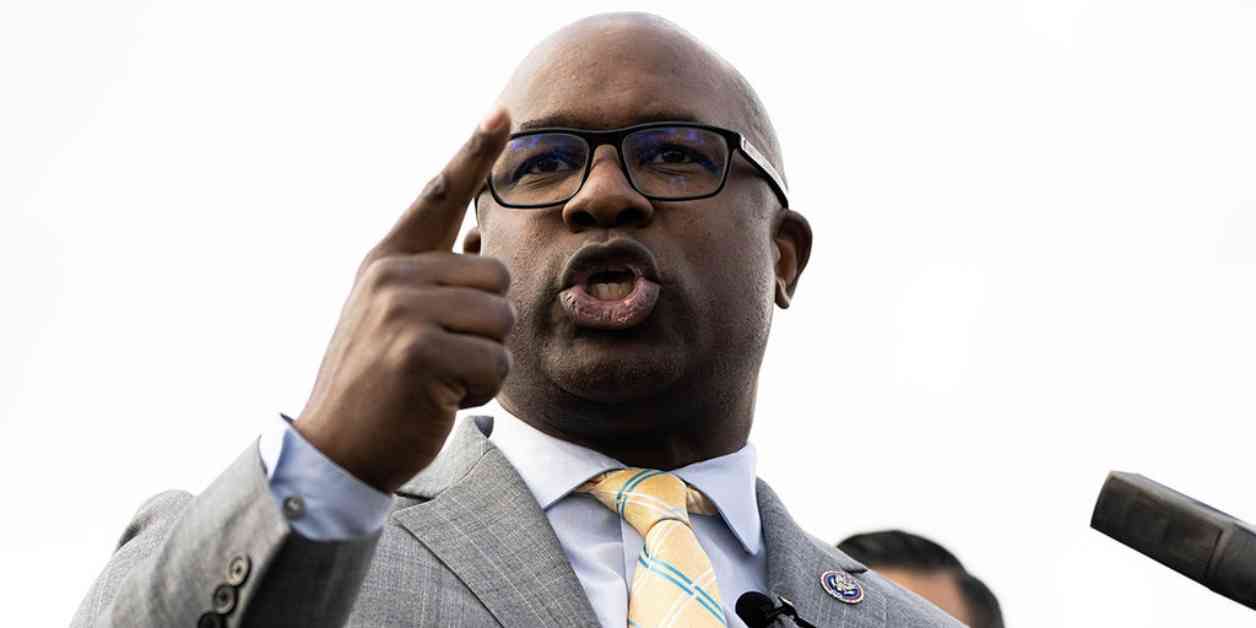Rep. Jamaal Bowman, a Democrat from New York, recently engaged in a heated debate with his primary challenger, Westchester County Executive George Latimer. During the debate, Bowman raised concerns about the pro-Israel lobby targeting him for being an “outspoken Black man.” He criticized the American Israeli Public Affairs Committee (AIPAC) for supporting his opponent and pouring millions into the race.
Bowman highlighted that a significant portion of Latimer’s funding comes from right-wing Republicans who support Trump. He expressed his views on fighting against genocide in Gaza and advocating for justice, suggesting that his outspokenness challenges the power dynamics of his opponents and their supporters.
While Bowman did not directly name AIPAC in his comments, he hinted at the organization’s involvement in the primary race. He questioned the massive financial support from AIPAC and its supporters, emphasizing his commitment to collaboration and servant leadership compared to his opponent’s alignment with big money interests in politics.
In response, Latimer defended his position by pointing out that AIPAC also endorses prominent Black politicians like House Minority Leader Hakeem Jeffries, Rep. Ritchie Torres, and Rep. Gregory Meeks. He emphasized his consistent support for the state of Israel and rejected accusations of changing his stance based on campaign donations.
Bowman continued to challenge the narrative by questioning the racial dynamics at play, asserting that having a few Black allies does not absolve organizations like AIPAC of potential racist tendencies. He criticized the reliance on big money in politics and highlighted his grassroots approach to leadership compared to his opponent’s financial backing from right-wing Republicans and AIPAC.
The debate between Bowman and Latimer showcased contrasting ideologies and approaches to governance, with Bowman positioning himself as a voice for marginalized communities and social justice, while Latimer emphasized his experience in local politics and support for Israel. A poll conducted by Pix11, Emerson College, and The Hill showed Latimer leading Bowman, indicating a potential shift in the representation of moderate Democrats in the upcoming primary.
As the primary election approaches, the outcome will determine not only the fate of Bowman and Latimer but also the broader implications for the Democratic Party. The contest between a progressive candidate like Bowman and a more centrist figure like Latimer reflects the ongoing debate within the party regarding policy priorities and alliances with interest groups like AIPAC. Voters will have to decide whose vision aligns more closely with their values and interests, shaping the future direction of Democratic leadership in New York and beyond.





















